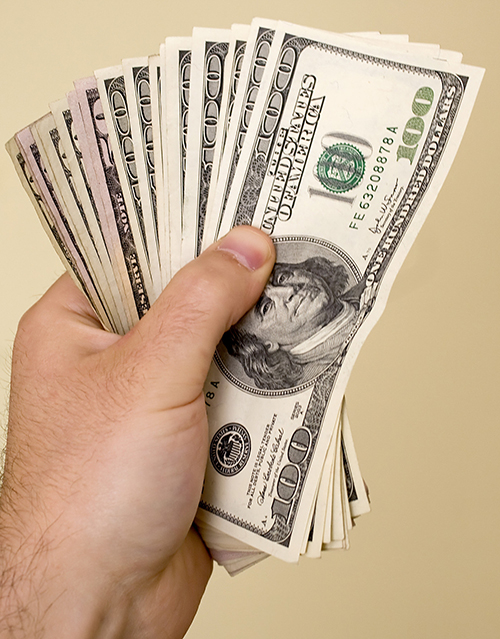In our modern society, it is almost impossible to survive without money. The use of money has become an inescapable aspect of our daily lives. To secure food, shelter, utilities, clothing, transport or recreation – for just about anywhere we want to go and anything we want to do – a monetary exchange is involved. Whether by cash, check, credit card or online payment, most aspects of our lives are now regulated by transactional currency exchange. It’s important to stay on top of your credit as it can ruin your financial life, here is a list of credit repair companies if you find yourself in trouble.
 What is the problem? Well, according to many public thinkers, there isn’t one. Common wisdom is that money is merely a placeholder for economic value; it simply serves as a technical fix that allows our modern economy to function. With the help of a regulated currency, goods and services can be exchanged in an orderly, efficient manner. Money is a fantastic invention that allows individuals to store and exchange the value of their labor.
What is the problem? Well, according to many public thinkers, there isn’t one. Common wisdom is that money is merely a placeholder for economic value; it simply serves as a technical fix that allows our modern economy to function. With the help of a regulated currency, goods and services can be exchanged in an orderly, efficient manner. Money is a fantastic invention that allows individuals to store and exchange the value of their labor.
But money has become so much more than that. In the thousands of years since the invention of standardized currency, money has consistently shown its ability to twist human behavior. Instead of serving as a means of exchange, we turn it into an end goal. Instead of seeing life as it really is – a pure gift from God – our monetary systems ensnare us in a worldview that reduces the majesty of creation and the details of human life to numbers on a balance sheet.
Money has become a sort of language. It has emerged as the communication system of an entirely new way of seeing the world: The entirety of God’s creation becomes capital to be exploited and property to be owned by individuals and corporate entities. As a natural outgrowth of this worldview, today every square inch of the earth is theoretically owned by someone. Every living thing, every natural feature – every rock, bird, mountain and forest – can be quantified in terms of economic value. Even people are measured in dollars and cents.
 What effect does this all-pervasive economic worldview have on our lives? How are we affected by living in a society where virtually all of our activities are assigned monetary values? What are the long-term effects of a system that aims to operate entirely on the free market principles of calculated self-interest, where even human love is reduced to a transactional exchange?
What effect does this all-pervasive economic worldview have on our lives? How are we affected by living in a society where virtually all of our activities are assigned monetary values? What are the long-term effects of a system that aims to operate entirely on the free market principles of calculated self-interest, where even human love is reduced to a transactional exchange?
For those of us who are seeking to live as disciples of Jesus, God invites us into another way altogether. As an alternative to the transactional economy of the world, Christ is teaching us how to lead lives of selfless giving. In the midst of a society that organizes itself around money, we are invited to receive the Holy Spirit as our living, breathing center. In a world that bows to the false powers of a human economic system, we can embrace obedience to the risen Jesus as our organizing principle.
The act of placing God at our center as a community has the power to radically alter our relationship with money. Rather than clinging to money as the only way to stay safe and in control, we find the freedom to use money to bless and empower others. Rather than being dominated by the dead hand of money, we are liberated to focus on real human needs and priorities.
What would happen if we redirected our focus onto showing love others, regardless of the cost or potential to get paid back? Would we still worry about those things that torment us now? Would we work the same jobs and spend our energy in the same ways? How might our lives change if we had the courage to renounce the false safety of money?
Our relationship to money is a choice. The culture of transaction is powerful, and it is backed up by almost all of the supposedly wise people of our generation. But God offers us an alternative that is based in selfless giving, fearless love and joy. Do we have the courage to risk it? What would it look like for us to develop and strengthen communities that embody the upside-down economy of Jesus?
But godliness with contentment is great gain. For we brought nothing into the world, and we can take nothing out of it. But if we have food and clothing, we will be content with that. Those who want to get rich fall into temptation and a trap and into many foolish and harmful desires that plunge people into ruin and destruction. For the love of money is a root of all kinds of evil. Some people, eager for money, have wandered from the faith and pierced themselves with many griefs.
– 1 Timothy 6:6-10